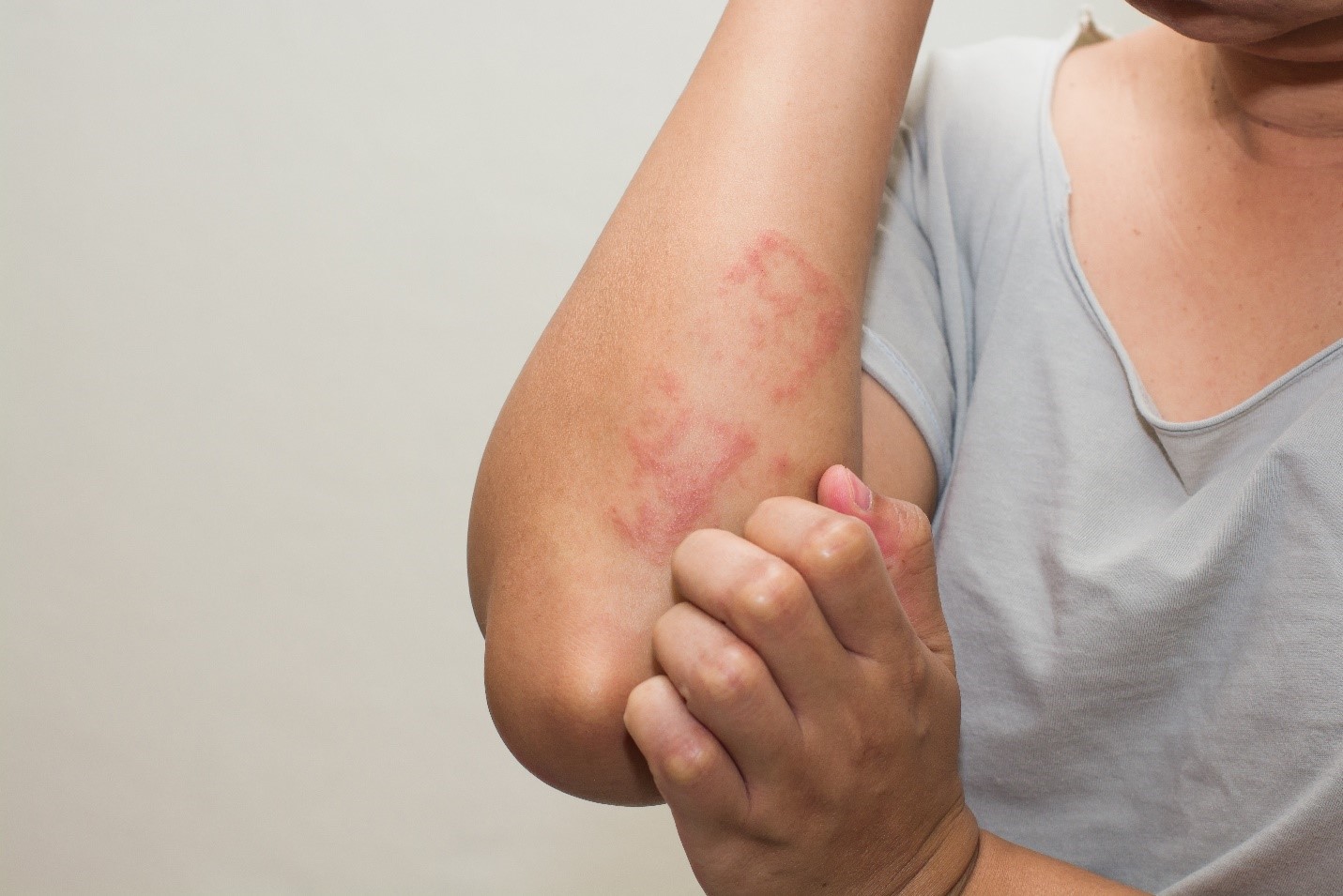

An Allergy Test Is a Diagnostic Procedure Used to Identify Substances That Trigger an Allergic Reaction in an Individual. These Substances, Known as Allergens, Can Be a Variety of Things, Including Pollen, Dust Mites, Pet Dander, Mold, Food, Insect Venom, and Certain Medications.
There Are Primarily Two Types of Allergy Tests:Skin Prick Test: This Is the Most Common Method. a Small Amount of Allergen Extract Is Pricked into the Skin, Usually on the Forearm or Upper Back. a Raised, Itchy Bump at the Prick Site Indicates a Positive Reaction to That Allergen.
Blood Test: a Blood Sample Is Taken and Analyzed for Antibodies (Immunoglobulin E or Ige) Specific to Certain Allergens. This Test Is Often Used When Skin Prick Tests Are Not Possible, Such as in Cases of Severe Eczema or When Multiple Allergies Are Suspected.
Allergy Testing Can Significantly Improve Your Quality of Life by Helping You Identify and Avoid Triggers. It Can Lead To: Accurate Diagnosis: Pinpointing the Exact Allergens Causing Your Symptoms.Effective Treatment: Developing a Personalized Treatment Plan, Including Medication, Immunotherapy, or Avoidance Measures.Peace of Mind: Understanding Your Allergies Can Reduce Anxiety and Stress.Prevention of Severe Reactions: Identifying Allergens Can Help Prevent Life-Threatening Allergic Reactions (Anaphylaxis).
Allergens Can Trigger a Wide Range of Symptoms, Depending on the Type of Allergy. Some Common Allergens and Their Associated Symptoms Include:Inhalant Allergens: Pollen, Dust Mites, Pet Dander, Mold. Symptoms Often Include Sneezing, Runny Nose, Itchy Eyes, Congestion, and Difficulty Breathing.Food Allergens: Common Culprits Include Peanuts, Tree Nuts, Shellfish, Milk, Eggs, Wheat, Soy, and Fish. Symptoms Can Range from Mild Digestive Upset to Severe Allergic Reactions.Insect Venom Allergens: Bee, Wasp, and Ant Stings Can Cause Localized Pain, Swelling, and in Severe Cases, Anaphylaxis.Medication Allergies: Certain Drugs Can Trigger Allergic Reactions, Such as Rash, Itching, Swelling, or Difficulty Breathing.
To Ensure Accurate Results, It's Important to Prepare for an Allergy Test. Your Doctor May Recommend Avoiding Certain Medications (Antihistamines, Corticosteroids) for a Specific Period Before the Test. Additionally, Informing Your Doctor About Any Recent Illnesses or Changes in Your Health Is Crucial.
Once You've Identified Your Allergens, You Can Work with Your Doctor to Develop a Management Plan. This May Involve Avoiding Triggers, Taking Allergy Medications, or Undergoing Immunotherapy (Allergy Shots). Regular Follow-Ups Are Essential to Monitor Your Allergy Symptoms and Adjust Your Treatment Plan as Needed.